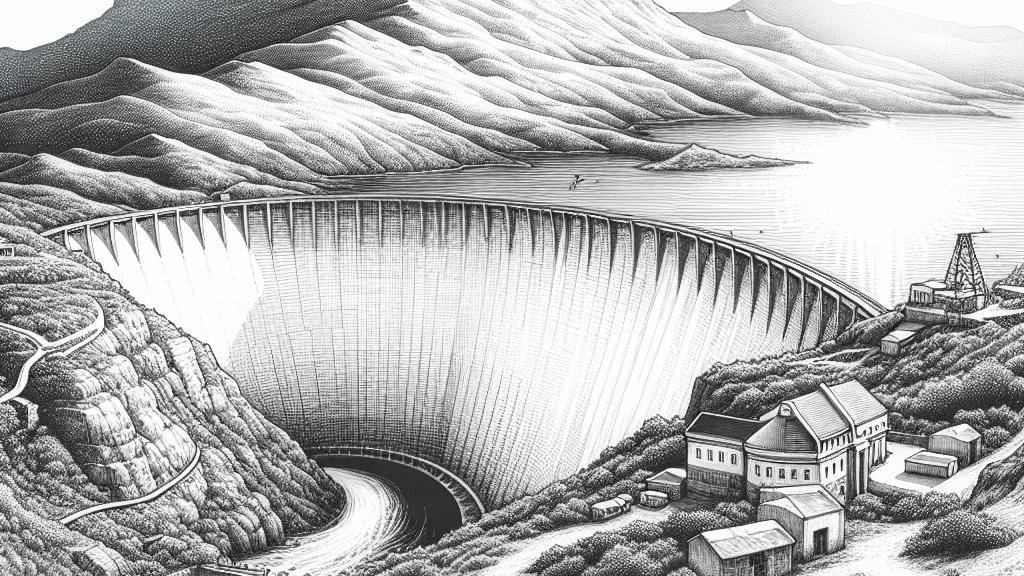Lesotho's Tumultuous Treasure: The 'White Gold' Water Debate Unveiled!
Overview
- Lesotho's water, known as 'white gold,' underpins its economy and impacts regional dynamics.
- Local communities face severe water shortages and health risks despite nearby abundant resources.
- The Lesotho Highlands Water Project poses critical questions of equity, sustainability, and the impact on local populations.

The Significance of 'White Gold'
Nestled in the heart of southern Africa, Lesotho is often referred to as 'the Mountain Kingdom,' where water is more than just a utility; it's a lifeline, celebrated as 'white gold' due to its essential role in the economy. Positioned entirely above 1,000 meters, the nation enjoys high rainfall levels, making it a crucial water source for neighboring South Africa, which grapples with its growing water demands. The Katse Dam, completed in 1996 and renowned as Africa’s second-largest curved dam, exemplifies the engineering prowess of the Lesotho Highlands Water Project. This ambitious initiative began through a historic agreement during the apartheid era, aimed at facilitating water transfer to South Africa while generating hydroelectric power for Lesotho, revealing the intricate relationship between resource management and national development.
Local Challenges Amidst Abundance
Despite the wealth arising from its water resources, many communities within Lesotho, such as Ha Ramokoatsi, face dire conditions marked by water scarcity. This village lies only a kilometer from Katse Dam yet relies on a contaminated natural spring, exposing its 200 residents to health hazards. Manteboheleng Mosiyoa, a local mother, articulates this plight, expressing frustration over the lack of clean water while feeling the repercussions of consuming unsafe supplies, which often leads to illness among children. Even as Lesotho generates approximately $200 million annually from its water exports to South Africa, the disparity between profit and local quality of life becomes increasingly evident, prompting urgent discussions regarding the fair distribution of the benefits associated with the Highlands Water Project.
Towards Equitable and Sustainable Solutions
As Lesotho advances its Highlands Water Project, the imperative for sustainable and equitable resource management is clearer than ever. Officials, including Minister Mohlomi Moleko, have begun to acknowledge the past shortcomings in providing adequate water access for local communities and have promised improvements by 2030. Yet skepticism lingers among residents, who have become accustomed to unfulfilled pledges. The pressing water demands from both Lesotho's citizens and its regional partners further complicate the scenario, highlighting the need for a systematic overhaul of policies governing water resource distribution. By focusing on equity and the needs of its people, Lesotho can ensure that its 'white gold' benefits not only economic growth but also the health and livelihoods of its communities, fostering a brighter future for generations to come.

Loading...